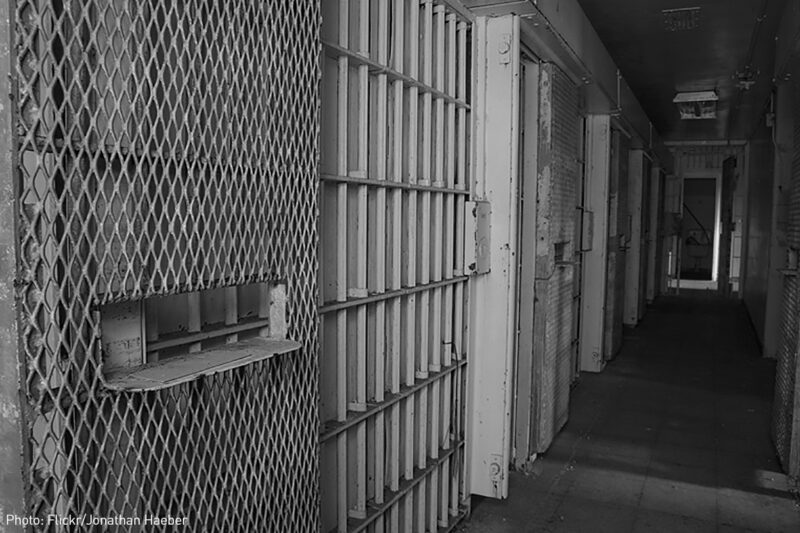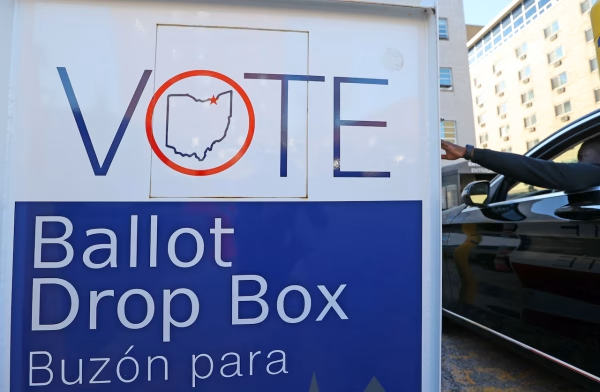
This piece originally appeared at the ACSblog.
Earlier this week, The New York Times published a column asserting that the American Civil Liberties Union has “seemed to take “opposite position[s]” in two voting rights disputes. This is wrong.
In the first dispute, which is pending before the Supreme Court, the question is whether states should be allowed to count all persons for the purposes of equally apportioning their legislative districts, as nearly all states currently do. The ACLU filed an amicus brief answering yes, for our country has long embraced the fundamental principle that all persons, whether or not they can vote, are entitled to equal representation. Given the democratic values of inclusion and equality built into the Constitution, we reject our opponents’ argument that this same Constitution now forces all states to exclude all ineligible voters from their population counts. Millions of non-citizens are contributing members of our communities, and the vast majority of states that currently provide these individuals the same share of representation that citizens receive should be allowed to continue doing so.
In the second dispute, which is pending in the lower courts in Rhode Island and Florida, the question is where incarcerated persons should be counted for apportionment purposes: the place where they lived prior to incarceration, or the place where they have been involuntarily confined? The ACLU believes that for the 2.4 million individuals now incarcerated in this country, their “home” should be counted as being the place where they lived prior to incarceration. Counting these incarcerated individuals as “residents” of the district where they have been involuntarily confined artificially inflates the population of the districts in which the prison is based. This type of prison-based gerrymandering results in an unequal system of representation where, after prisoner bodies are siphoned into the district where the prison is based, their numbers are used to increase the district’s political power at the expense of the communities from which these incarcerated individuals had lived.
Nor does it make any sense to count all incarcerated persons as residents of places where they are literally shackled. Trapped behind prison walls, incarcerated individuals do not go to local schools, shop at local stores, or engage in the civic life flourishing outside of those walls. That is precisely why a federal judge has agreed that under these circumstances, it may be unconstitutional to label them residents of the district where the prison is located if they are not from that same community.
The column’s assertion that the ACLU has “objected to counting prisoners when drawing voting districts” is simply incorrect — we simply object to their being counted as residents of their prison rather than where they lived prior to incarceration. This misinterpretation of the ACLU’s position may stem from the fact that we have only sued the local governments in those cases — the city of Cranston in Rhode Island and Jefferson County in Florida. Because many people who have been involuntarily confined in those localities lived outside the city or county prior to incarceration, we argue that the local government should not count those individuals as residents of those localities for purposes of local elections. If, however, a state is engaging in prison-based gerrymandering resulting in gross population imbalances, then that state should count those individuals as residents of where they lived prior to incarceration for purposes of state-wide elections, not where they are jailed.
States that count all persons for purposes of representation should be allowed to do so, and incarcerated individuals should be counted as residents of the communities in which they lived prior to incarceration. In both voting rights disputes, the ACLU has stood on the side of inclusion and fairness. These values are consistent and fully in line with the democratic principles embodied in our Constitution.
This piece was originally posted on ACSblog.


